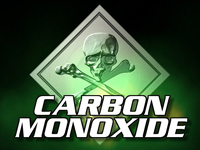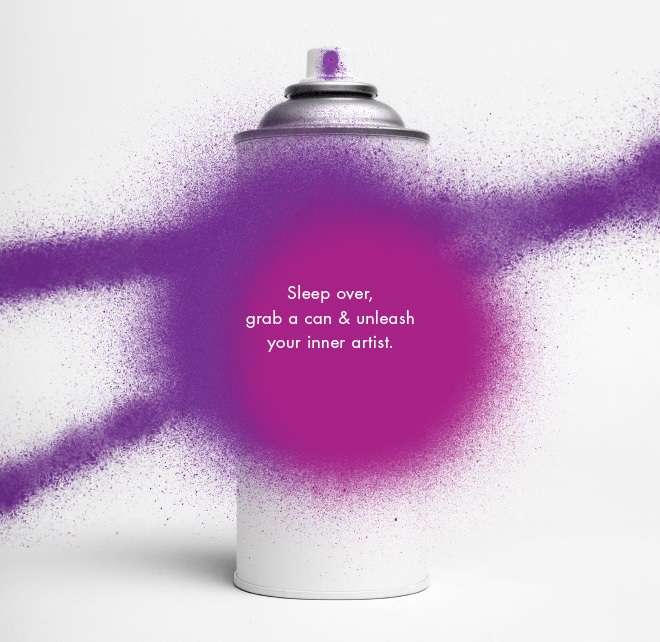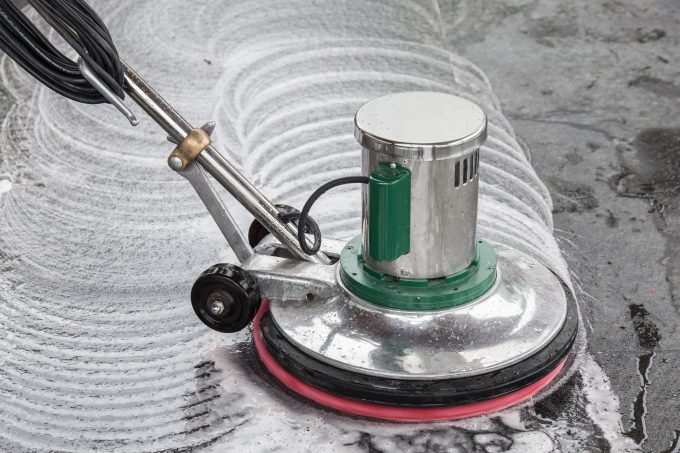
Gas leaks – a hazard you may not have considered
Now here is one from out of left field you didn’t expect to have to consider!
Carbon monoxide gas killed one guest at the Holiday Inn Express in Charleston. Three others were taken to area hospitals as a result of the carbon monoxide leak. One of the victims was listed as unresponsive and in critical condition. While the state has a law requiring homes to have carbon monoxide detectors, there is none for hotels or other accommodation providers.
Charleston City Council members are now thinking of requiring hotels to install carbon monoxide detectors.
Firefighters reported high levels of carbon monoxide in the building and the remaining guests and employees were evacuated. The gas filtered up to the fifth floor from a pool heater on the ground floor.
The hotel, which opened in July 1999, had no carbon monoxide detectors, according to South Charleston fire chief Greg Petry. State law requires all homes with gas appliances built after 1998 to have carbon monoxide detectors but there is no such requirement for hotels. Mr Petry said he didn’t know of a single hotel in the area with such detectors.
Elizabeth Scharman, director of the West Virginia Poison Centre, said carbon monoxide poisoning is still one of the leading causes of death. “If the fuel doesn’t completely burn, you get carbon monoxide,” Dr Scharman said. “It’s not limited to faulty furnaces as people like to think but it occurs in all seasons and can come from any number of things.”
The poison control centre logged 465 confirmed cases in the state from January 2008 to December 2011. But she also pointed out that not all cases are reported to the centre. Hospitals don’t always report to poison control, nor does the state Medical Examiner’s Office.
Such problems are, in fact, not that uncommon. There was also the probable vapours from insecticide to control bed bugs that allegedly killed three tourists at the Downtown Inn in Chang Mai last February.
And if you think fatal gas incidents do not apply to Australia, think again.
An OH&S alert was recently issued to hotels in Victoria: “A recent death in the cellar of a hotel in Western Victoria has highlighted the potential dangers of beer and soft drink gas systems. These systems use either carbon dioxide or a mixture of carbon dioxide and nitrogen, to carbonate and provide a pressure head for tapping off beverages.
“Carbon dioxide and nitrogen are asphyxiants that, when breathed in, can cause suffocation. In a poorly ventilated area like a cellar, the oxygen in the air can be diluted and displaced by gases from a leaking beer or soft drink gas system. These gases are cold when they leak from the system and because they are heavier than air, the entire cellar can become filled with an asphyxiating (oxygen deficient) atmosphere. A person entering a cellar in this situation can be overcome without warning. Death will occur within three minutes.”
And the problems may not always be by accident. The Hotel Eyre in Whyalla could have gone up in flames after a sabotaged gas leak was caused by two refused patrons.
The OH&S act requires all employers to ensure a safe environment and gas emissions from all manner of sources need to be regularly checked. The Charleston experience could happen to anyone.

AccomNews is not affiliated with any government agency, body or political party. We are an independently owned, family-operated magazine.







